Unlocking China's Most Challenging Automotive Market Segment
![]() 12/23 2024
12/23 2024
![]() 488
488

Introduction
The D-segment executive sedan market remains firmly in the grip of BBA (BMW, Benz, and Audi).
Just this past weekend, another NIO Day concluded amidst the roars of an enthusiastic crowd.
Perhaps unexpectedly for NIO, it wasn't the highly anticipated flagship ET9 that truly stole the show but rather the Firefly, the first new vehicle from their third brand. This vehicle sparked significant controversy due to its exterior design, particularly the front and rear headlights.
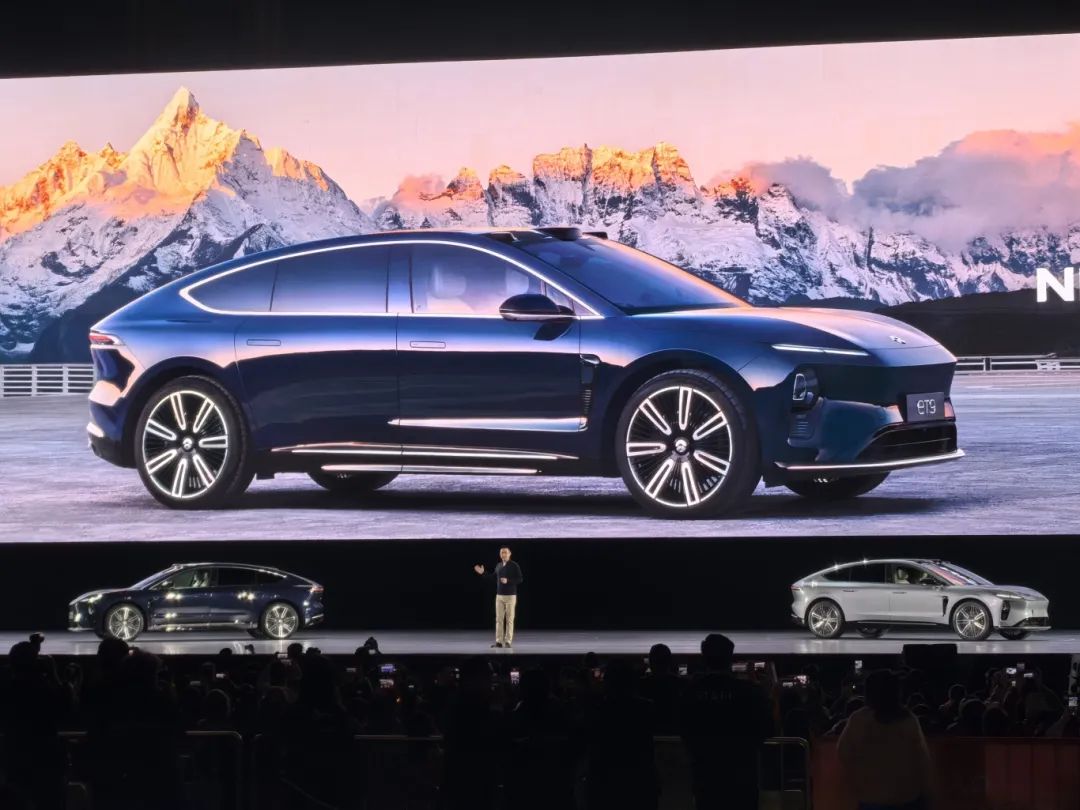
The intense discussion even overshadowed the buzz surrounding their "big brother" model.
In today's article, setting aside the buzzworthy pure electric compact car that debuted, I would like to focus more on the ET9.
Not only is it the pinnacle of NIO's decade-long technological efforts, but it is also one of the few challengers daring to take on BBA's stronghold and cash cow in the Chinese market—the D-segment executive sedan market.
Such courage deserves commendation indeed.
Meanwhile, it's worth noting that, on one hand, the ET9 is packed with product capabilities, representing the zenith of domestic smart electric vehicles. On the other hand, with an overall price of 778,000 yuan for a full purchase and 660,000 yuan with the BaaS battery-as-a-service, it offers better value for money compared to the so-called "78S" models.
Against this backdrop, during the exclusive interview following this NIO Day, Li Bin, as the "helmsman," fully expressed his expectations and confidence in the ET9, aiming for a steady monthly sales volume of over 1,000 units.
But objectively speaking, this is indeed a formidable challenge.
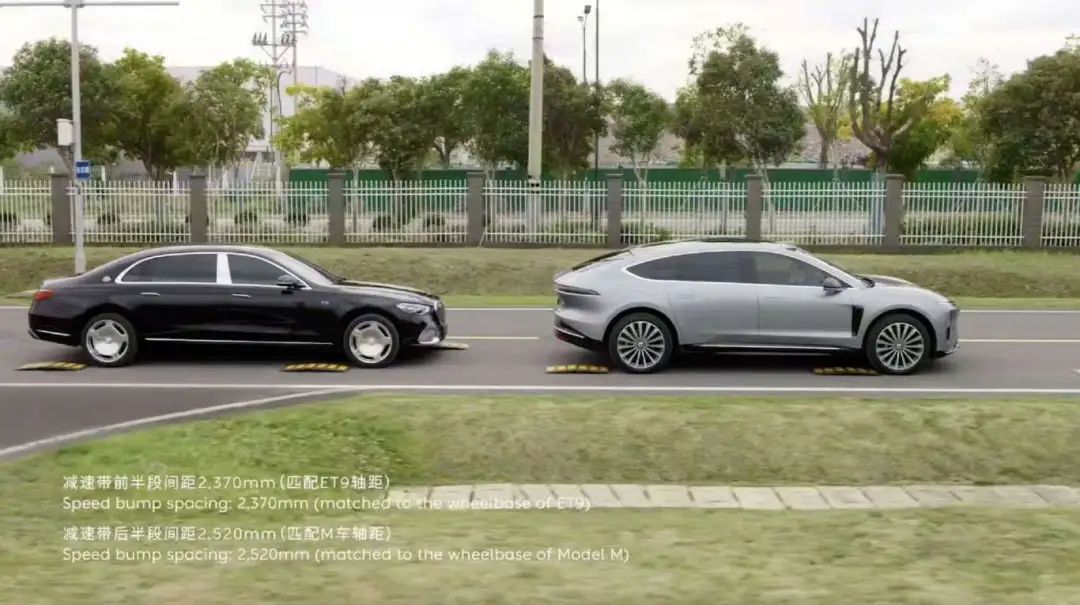
Firstly, the ET9 is fully electric, devoid of a "fuel tank," and the term "high-end pure electric executive sedan" already carries heavy expectations.
Previously, the Huawei-backed Enjoy S9, targeting the "56E" segment, failed to break through the heavy constraints. In contrast, NIO's "younger sibling" ET7 only sold 411 units in retail in November, making it difficult to achieve monthly sales of over 1,000 units.
Secondly, the ET9 is priced at 660,000 yuan, even with the battery-leasing option. Currently, as the price range increases, end-consumers seem less enthusiastic about pure electric vehicles. In other words, NIO faces greater challenges in educating users and expanding its market share, with difficulties increasing exponentially.
Furthermore, and most importantly, as mentioned in the introduction of today's article, the D-segment executive sedan market is still dominated by BBA.
According to relevant data statistics, in the first three quarters of this year, the Mercedes-Benz S-Class and Maybach S-Class combined sold over 21,000 new vehicles, the BMW 7 Series sold over 8,000 new vehicles, and the Audi A8, slightly less impressive, still sold over 7,000 new vehicles.
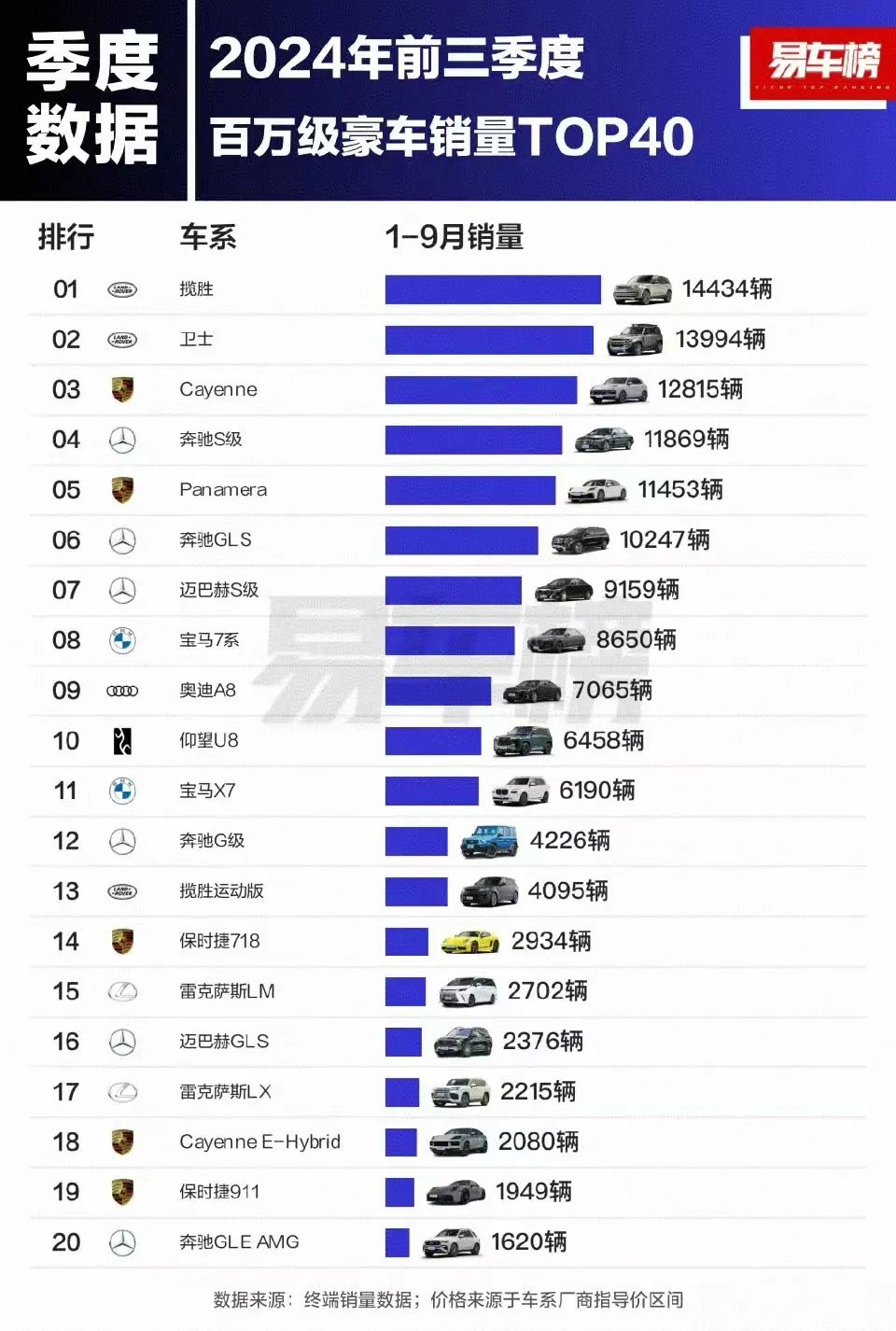
Whether acknowledged or not, the "78S" models hold absolute dominance in this segment, and it will not be easy for the ET9 to unseat any of them.
Diving deeper into the underlying logic,
In reality, potential buyers of D-segment executive sedans are not only concerned with the product experience itself but also the added value offered by the brand. This includes status symbolism, emotional enhancement, and atmosphere creation.
Regarding this, although NIO has made some breakthroughs, there is still a long way to go before it can fully compete with BBA and surpass the deeply ingrained image of the three German giants among domestic consumers. Just like any new aristocrat challenging the old money, it requires a huge cost and the passage of time.
Simply benchmarking on PPTs and short videos is far from enough.
Therefore, the most important thing the ET9 needs to do now is find ways to break out of NIO's established fan base and reach out to those with first-time purchase, additional purchase, and replacement needs for D-segment executive sedans, achieving a genuine "breakout." Otherwise, it will remain an internal conversion.
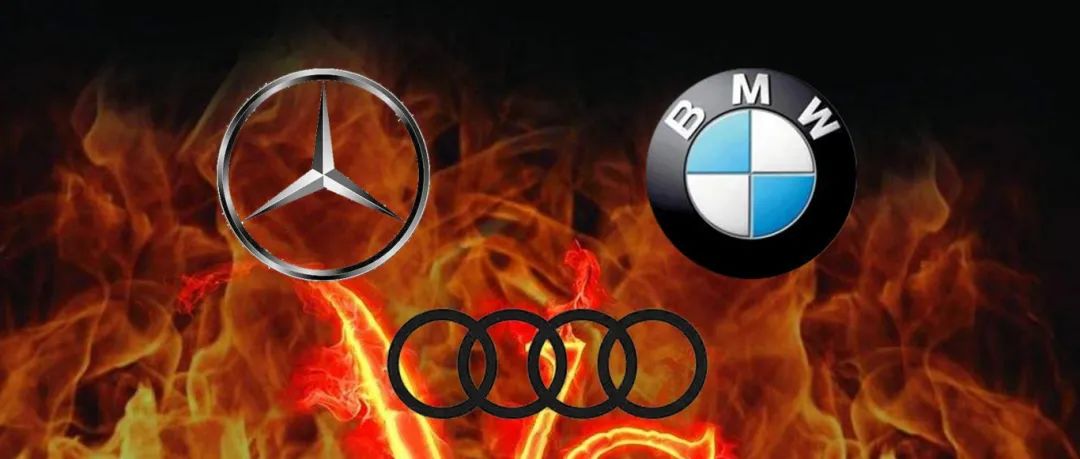
"I think we need to sell at least better than the BMW 7 Series and Audi A8, though it might be difficult to surpass the Mercedes-Benz S-Class." This is not mere speculation. Li Bin voiced such an ambitious expectation during NIO's media face-to-face meeting days before this year's NIO Day.
Now that the ET9 has been launched and has initiated its first wave of attacks on the "78S." In an exclusive interview over the weekend, Li Bin also revealed that the limited-edition launch edition of 999 units had sold out, with order numbers exceeding expectations. As a witness, I hope this positive feedback translates into the final results.
In the following sections, I would like to take this opportunity to present another trend.
Before the NIO ET9 entered the market, the self-owned high-end new energy brand BYD-backed AutoHome also introduced its D-segment executive sedan, the U7. Meanwhile, Hongmeng Zhixing's Zunjie has announced the pre-sale price of the Zunjie 800 at 1-1.5 million yuan. Both are "dual-mode" vehicles (both fuel and electric).
This winter, it seems like Chinese automakers have tacitly agreed to challenge BBA's stronghold and profit cow in China.
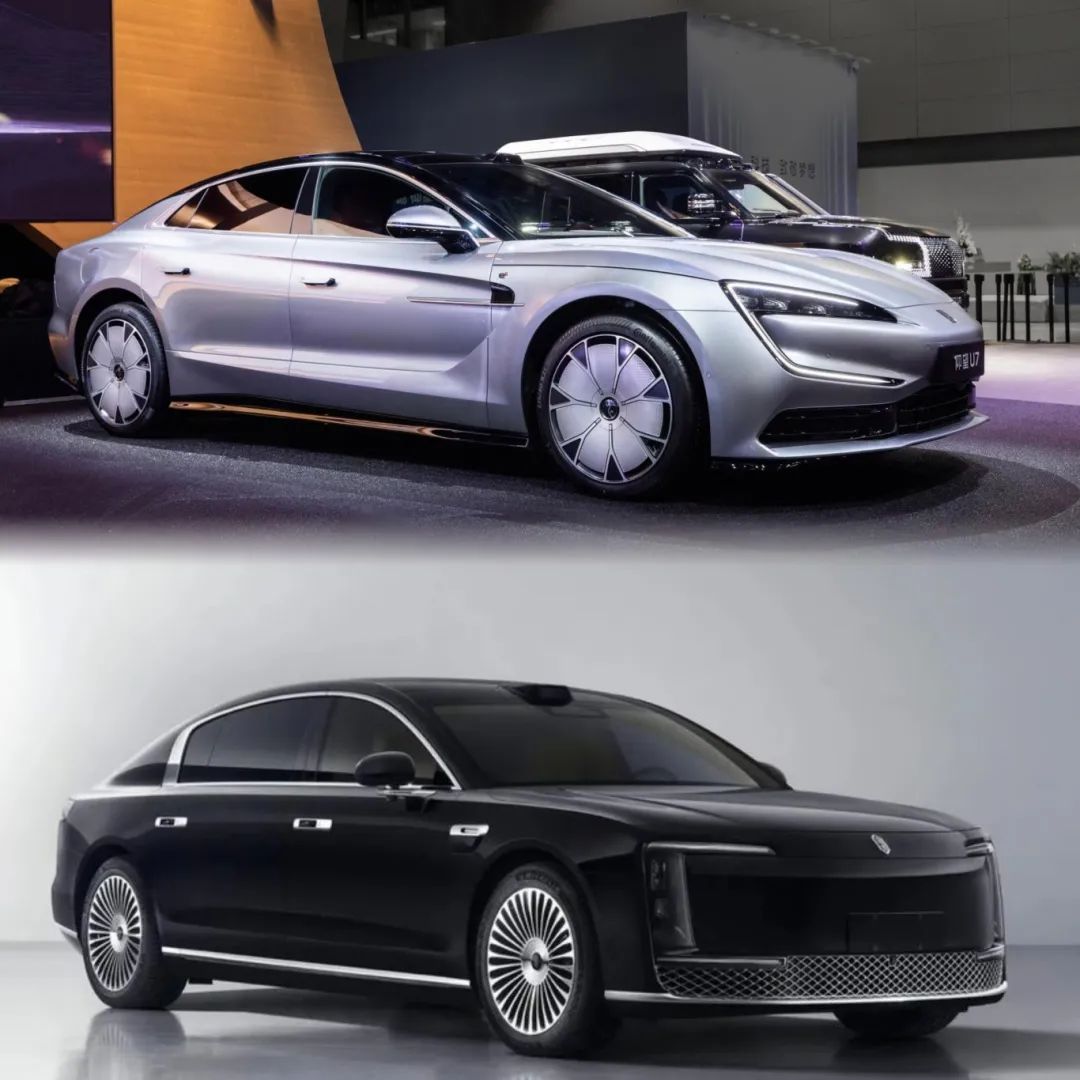
Such a prosperous era can only prove one thing: "As the electric transformation intensifies, we have, for the first time, gained sufficient confidence and outstanding capabilities to challenge previously inaccessible areas with excellent products."
You can call it David versus Goliath, you can say it's presumptuous, and you can even call it a fairy tale. But in my eyes, "a single spark can start a prairie fire, and daring to take the stage brings us one step closer to shining on the entire stage."
Whether it's the NIO ET9, AutoHome U7, or Zunjie S8, they are all the culmination of the most cutting-edge technologies currently available to autonomous brands. In them, we can see the transformation of Chinese automakers and gain insights into many upcoming industry trends.
Soon, with the successive deliveries of these three models, although they may not shake the dominance of the "78S" in the D-segment executive sedan market for now, it would still be a commendable achievement to carve out a significant share from BBA.
From this perspective, from Mercedes-Benz to BMW to Audi, this year in China, they undoubtedly felt the survival pressure brought about by the shifting landscape. Next year's situation will only become more severe. The "34C" segment is declining, the "56E" segment is under attack from all sides, and the "78S" segment faces challenges, reflecting the plight of the three German giants in China. In short, as I always say, "Times have changed, sir!" I personally firmly believe that this toughest nut to crack in China's automotive market will eventually be cracked by autonomous brands.
Dare to dream and dare to act, just go for it...








